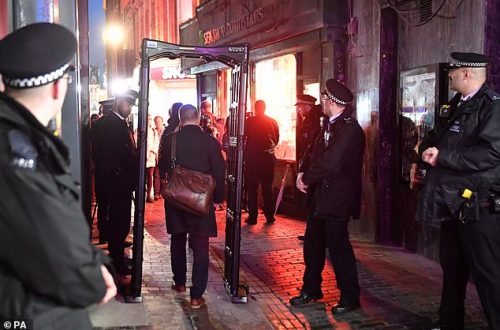In the civil liberties debate, I tend towards the libertarian (with a small ‘l’), but with a non-fundamentalist dollop of common sense. I am not opposed, for example, to CCTV. If I were mugged on the train, I think it would be rather good if the police could review a tape and and be a step closer to apprehending the felon. I am agnostic on the issue of ID cards.
So this morning, when I heard on the BBC News that new plans were afoot to require ISPs to store email traffic logs for up to a year, I didn’t get too excited, particularly since the logs, of course, don’t include the content of the emails.
But then the BBC brought in its correspondent Angus Crawford to explain. Apparently the law will include mobile phone and text records. No problem there either. But here’s the thing:
Almost 600 agencies can access this collected data, apparently. It isn’t restricted to national security or even serious crimes. Your local council has access. There has already been a brouhaha over councils using anti-terror powers to spy on wheelie bin users (and of course the carelessness of those entrusted with this data is now a rather unfunny joke).
But here’s the thing. Crawford cited one practical example of how this data could be used that is, frankly, quite chilling: A council investigating an incident of fly-tipping could access mobile phone records to see who was in the vicinity at the time of the incident.
Since mobile phones are for all intents and purposes, ubiquitous, the ability to check people’s whereabouts by local councils for (theoretically) any minor infraction or misdemeanour, is the equivalent of ‘tagging‘ the entire population.
Sure, I detest fly-tipping, graffiti, vandalism, and people who park illegally and any range of antisocial behaviour as much as the next person, but honestly, giving every jobsworth and petty council wannabe grupenfuhrer the right to track any citizen’s movements is a step way too far.
Or is it the price we pay for an orderly ‘tidy’ society?

